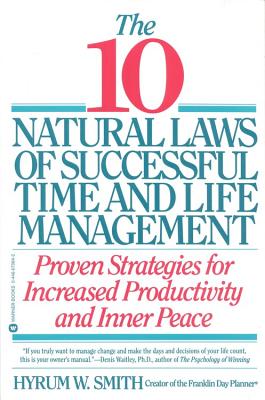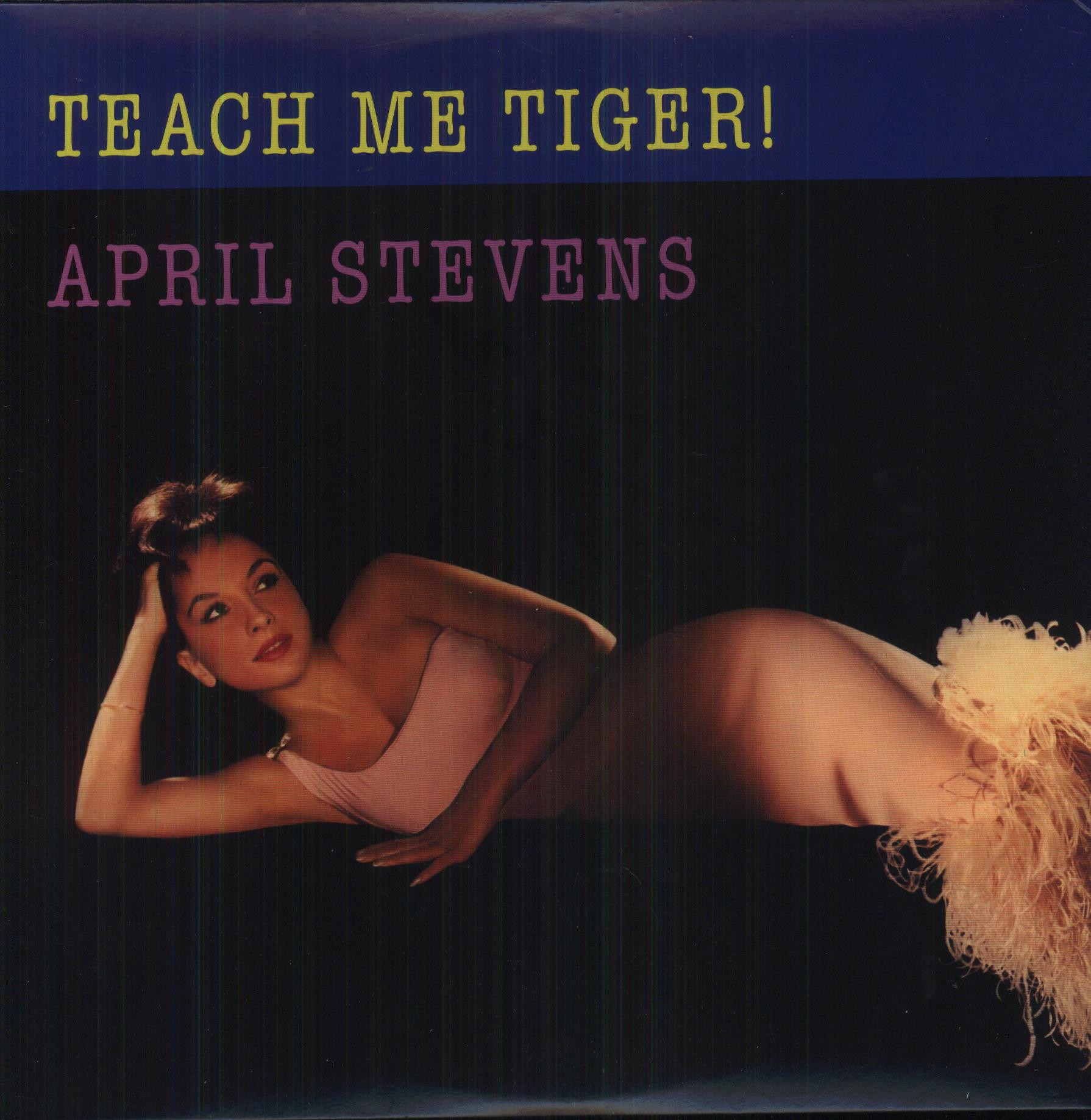
Twentieth-century artist Joseph Beuys (1921-1986)--legendary and self-mythologizing, enigmatic and controversial--remains an important influence on artists today. Beuys embraced radically democratic artistic and political ideas, proclaiming "Everyone is an artist," and advocating direct democracy through referenda. He famously worked with such nontraditional materials as felt, fat, and plants and animals both alive and dead. Beuys and his work--performance art, drawing, painting, sculpture, installation--received perhaps the most contentious reception of any postwar artist. This reader brings together the crucial writings on Beuys and his work, presenting key essays by prominent artists and critics from North America and Europe. With a foreword by Arthur C. Danto, "Style and Salvation in the Art of Beuys," Benjamin H. D. Buchloh's now classic 1980 essay, "Beuys, Twilight of the Idol," and influential texts by Vera Frenkel, Thierry de Duve, Rosalind Krauss, Peter Bürger, Irit Rogoff, and others, Joseph Beuys: The Reader is the most significant gathering of critical texts on this challenging artist that has ever been assembled. It will be essential reading for any student of Beuys and for all those interested in postwar art, the cult of the artist, and art's engagement with politics and society.
Contributors
Joseph Beuys, Eugen Blume, Benjamin H. D. Buchloh, Peter Bürger, Jean-François Chevrier, Catherine David, Thierry de Duve, Vera Frenkel, Stefan Germer, Rosalind Krauss, Barbara Lange, Dirk Luckow, Claudia Mesch, Viola Michely, Irit Rogoff, Gregory Ulmer, Theodora Vischer, Antje von Graevenitz, Dorothea Zwirner
member goods
listens & views

SINGS RODGERS & HAMMERSTEIN
by POWELL,JANE / MORGAN,JANE / WHITING,MARGARET
COMPACT DISCout of stock
$11.99

BEFORE YOU GO-WW2 & KOREA ...
by DR. SAM AND THE MANAGED CARE BLUES BAND
COMPACT DISCout of stock
$17.49





